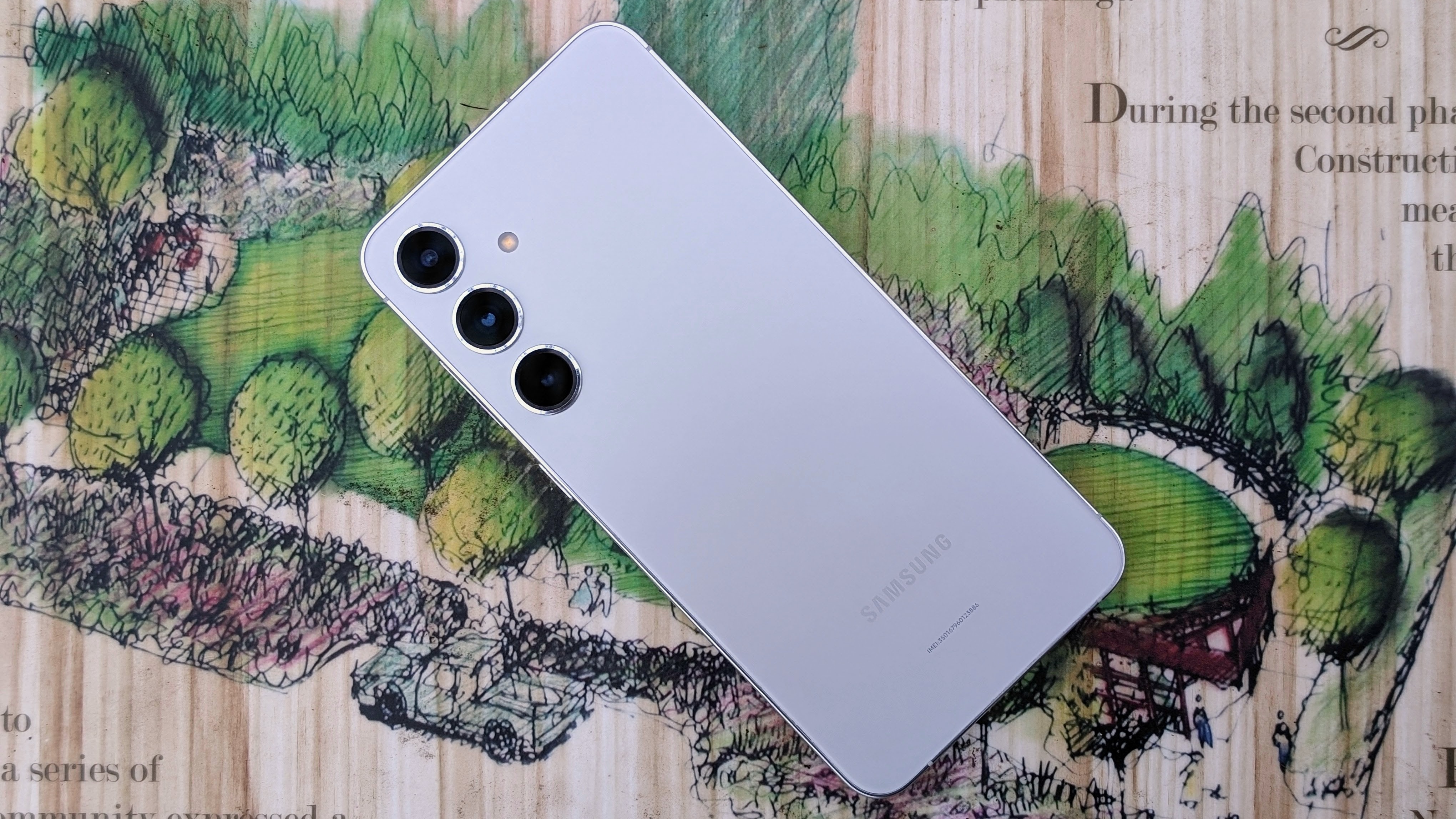
Welcome to Ask Jerry, where we talk about any and all the questions you might have about the smart things in your life. I'm Jerry, and I have spent the better part of my life working with tech. I have a background in engineering and R&D and have been covering Android and Google for the past 15 years.

Ask Jerry is a column where we answer your burning Android/tech questions with the help of long-time Android Central editor Jerry Hildenbrand.
I'm also really good at researching data about everything — that's a big part of our job here at Android Central — and I love to help people (another big part of our job!). If you have questions about your tech, I'd love to talk about them.
Email me at askjerryac@gmail.com, and I'll try to get things sorted out. You can remain anonymous if you like, and we promise we're not sharing anything we don't cover here.
I look forward to hearing from you!
Help! My phone isn't working

Ozaif writes:
I recently bought a Redmi Note 12 5G and I have gyroscope and accelerometer issues in games and other things. Is there a solution?
Thanks!
This question from Ozaif is very similar to others we've received, where something is happening that causes a new(ish) phone to not perform the way we think it should. It's a thing that can happen to any phone or electronic device, and it's a wonder that it doesn't happen more often.
For starters, don't get frustrated. At the risk of sounding like an apologist for any phone maker, when you manufacture and sell millions of products, some are going to have hardware faults. There's no way to test everything on every phone without driving the price even higher than it already is.
The good news is that companies usually resolve these issues quickly. You just need to know where to start. You might think you should contact the company that made your phone but that's not always the case.
Who did you buy it from?

You can buy a new phone directly from the manufacturer, but it's also really common to buy through a third party. This could be from a carrier like AT&T or Orange, a retail partner like Best Buy or Walmart, or an online retailer like Amazon.
Where you bought your phone could make a difference here. For starters, different sales channels have different types of warranty. We all know about Applecare and Samsung Care Plus, but you're also able to buy extra protection from companies like Asurion. You might have seen this option when you bought a phone online or heard about it from a salesperson.
The warranty — which every phone has unless you're buying it in a country it wasn't intended to be sold in — is the first course of action if your phone is acting up. If you're unsure about who to contact for a warranty claim or if your warranty is still in effect, ask the place where you bought your phone, and they will help; they want you to be happy enough to buy your next phone from them, after all.
A special note here for people in North America who bought a phone through a carrier: you need to initiate any service or warranty claims through them because they're a special type of partner.
A phone made by Samsung specifically for AT&T (for example) is essentially an AT&T product. It was built by Samsung, and in the end, Samsung may be the one who fixes things, but it's still an AT&T product. Carrier phones in the U.S. and Canada are weird like that.

If you're out of warranty and have no extended service contract, you have limited options. Some things, like a stuck button or malfunctioning camera, are fixable, but others — like a broken gyroscope — aren't. There's no way to isolate, decouple, and replace components like this that isn't going to cost less than buying a new phone.
Make sure you have an actual hardware issue. Something that happens in some apps but not in others is indicative of incompatible software and not "broken" hardware, so do a bit of sleuthing yourself and see if you can consistently cause the problem. One option is to use a diagnostic tool, like the one found on Pixel phones.
If you can, try asking a local phone repair center to take a look at it and diagnose the issue. This might cost a few dollars, and you might not like what they find, but it's better than sending your phone off somewhere and being without it for a week or two.
It also gives you an idea of what's wrong, whether it's fixable, and what it might cost. A local shop can repair or replace a lot of parts on a phone and a trip to a uBreakiFix store might be just what the doctor ordered.
The sad reality is that phones are disposable consumer electronics and aren't designed to be serviced and repaired. Once your phone is out of warranty or an extended service contract, you're simply expected to buy a new one when it stops working the way it should.
With phones seeing seven years of software support, this may have to change. Until then, your best bet is to consider an extended warranty.







